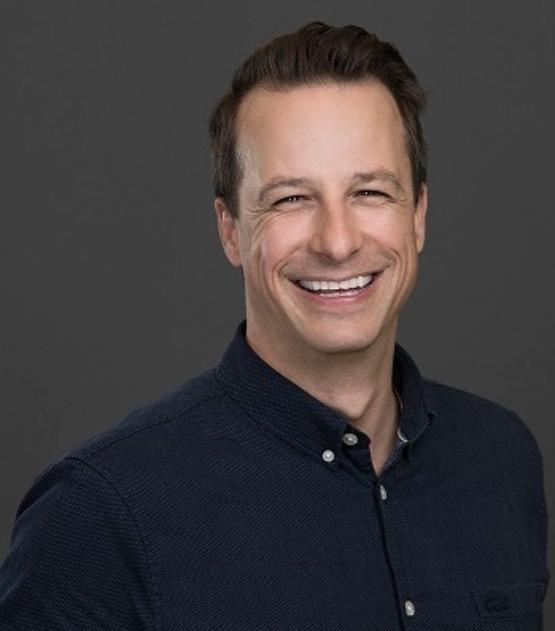Oct. 15, 2020
UCalgary Political Science Interviews: Dr. Jean-Christophe Boucher

Dr. JC Boucher is an Assistant Professor in the Department of Political Science at the University of Calgary
Your work broadly concerns Canadian foreign policy. How did you become interested in this area?
I wish I could say it was a linear path, but really I felt drawn to Canadian foreign policy both because of a general frustration with current policy debate and because I felt I could make the largest contribution to that field of study, instead of something else. The main goal I hope to accomplish in my academic career is to promote and enrich the study of foreign policy in Canada by focusing on theoretically informed conversations and build on evidence. In this sense, much of my work tries to build different empirically-rich projects in order to move the conversation forward, or at least develop policies informed by evidence. To be honest, I like the intellectual puzzle of finding clever ways to build the empirical evidence to answer theoretical or policy questions. This has led me to use quantitative methods, content analysis, comparative method, counterfactual thinking, and data analytics (the use of computational methods) in the different research projects I develop.
Can you tell us about the research projects you have been working on?
Right now I have several research projects at different stages of development. The first research program, funded through a SSHRC partnership grant, focuses on civil-military relations in Canada and seeks to understand the relationship between the Canadian society (news media, social media platforms, interest groups, the public at large) and defence policy. The second research program, funded by a SSHRC Insight grant, studies the influence of diasporas on Canadian foreign policy, specifically looking at how diasporic communities in Canada mobilize on social media to promote policies. The third research program focuses on foreign policy analysis, trying to understand how populism influences some states’ foreign policy on trade, immigration, and international governance.

What’s the next big project you are planning?
Much of my current and future research projects attempt to bridge the gap between computational methods (machine learning and network analysis) and social science. Two projects are at the development phase. The first is to create a Canadian information warfare lab at UCalgary, in partnership with national defence, to promote and develop expertise in Canada on all dimensions of information warfare. We are hard at work building networks with other Canadian post-secondary institutions but also in the US, Japan, Australia, the UK, Israel, Germany, and France. The second research program, in partnership with Alberta Health Services, is looking at HPV and COVID vaccination campaigns on social media and aims to help design an advocacy plan to promote vaccination uptake in Alberta, Canada, and the US. In both these projects, my research teams use machine learning, quantitative analysis, or network analysis to analyze digital trace data.
Finally, people might not know, but you were also an elite gymnast and in the Canadian Armed Forces. Tell us about that!
That’s true! I was always active as a child and getting in all sorts of trouble. So much so that my mother decided to enrol me into gymnastic at eight and I basically trained 30 hours a week all through school. It kept me busy and gymnastics is a great sport to develop both mind and body. Nothing comes easy in gymnastics and you need to practice for years before you can actually accomplish anything. It is a test of patience pushed to its extreme. But also quite rewarding. The transition from gymnastics and doing well in school to the Canadian Armed Forces was only natural, so I joined the Royal Military College as an armoured officer right after grade 12. It gave me a great appreciation for the institution and those who make the decision to serve their country and accept the sacrifice it takes to do so.
Our thanks to Dr. Jean-Christophe Boucher for sharing with us.
